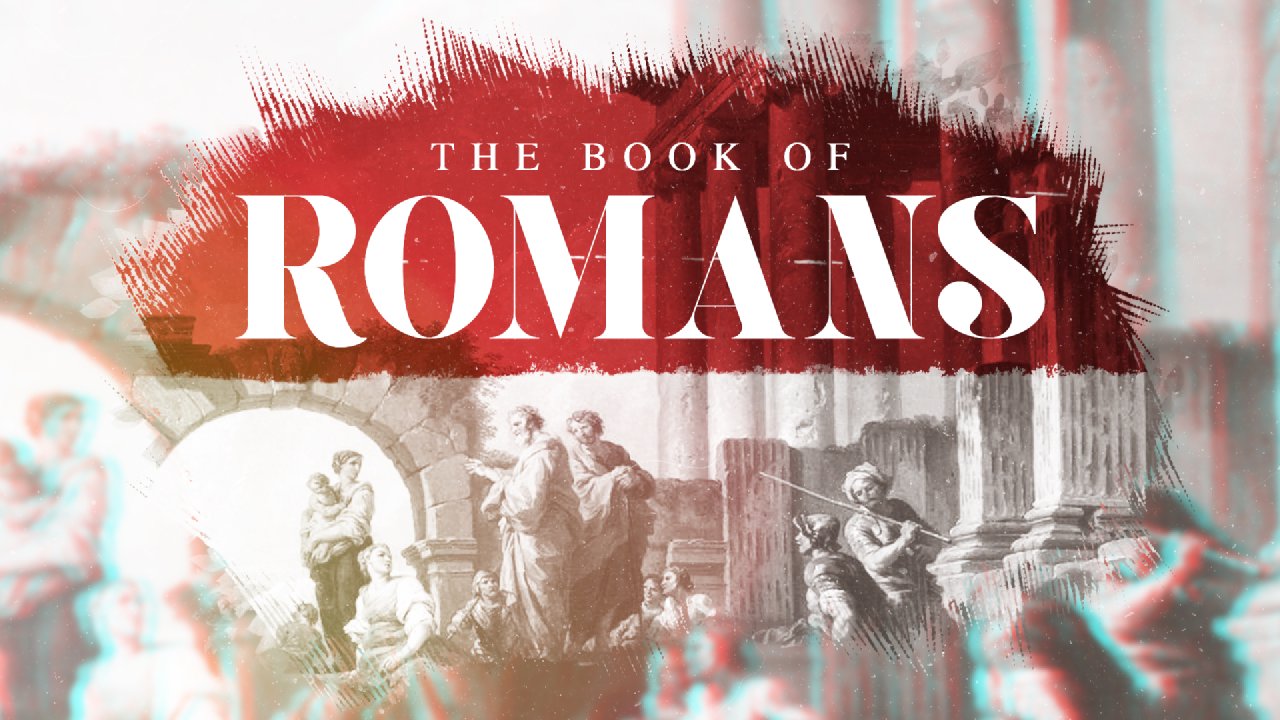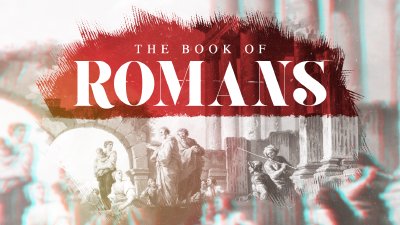This week, Greg teaches on Romans 15:1-7. In Romans 15, Paul continues his theme on coming together as one people of God. However, he shifts his focus from what we can't do to what we should do. He calls us to be what our neighbor needs - to build him up, not tear him down. We are to look out for others, not to make our own way easier, but to support them. The deep call of the Gospel of Jesus is to be a people together in the action of glorifying God. We need to welcome our brothers and sisters, be truthful, kind, and gentle, bearing their weaknesses and their sinfulness as Christ did for us.

As He Welcomed Us
March 14, 2021 • Greg Pinkner • Romans 15:1–7, Psalm 69:6–8, Psalm 69:21–23
To God Glory Forevermore
May 2, 2021 • Greg Pinkner • Romans 16:25–27
This week, Greg finished our series on Romans. He taught from Romans 16:25-27. Greg references Paul's thesis stated in Romans 1:16-17. To be righteous is to be what God requires of us, and Paul says we can only achieve this through faith. Romans shows us that we must put our faith in Jesus and the cross. We cannot simply believe the facts of Christ's life, we must trust in Him and have the obedience of faith.
Pursuing, Protecting, & Restoring Unity
April 25, 2021 • Rick Dunn • Romans 16:17–23, 1 Timothy 6:3–6, Jeremiah 14:14, Matthew 7:14
This week, Rick teaches on Romans 16:17-23. In these verses, Paul speaks about false teachers and false prophets. Those who are false teachers are longing for status, money, and power and we as humans are easily drawn to these things. As believers, we must battle against these things and work towards unity. We do this by not diluting the truth or diminishing the grace of the Gospel, but by serving with the truth of the Gospel.
New People, New Family, New Mission
April 18, 2021 • RD McClenagan • Romans 16:1–16
This week, RD teaches on Romans 16:1-16. In these verses, Paul lists out 28 names of people active in the church of Rome and who were living out the mission of Jesus. This group of people were all from different classes and economic statuses, they were different genders, and different races and ethnicities. However, Paul uses this to show that there is not a specific type of person that can become a Christian - it is open for everyone. Through Christ, they were given new life and became new people, they were given a new family in the church, and a new mission for their lives.




